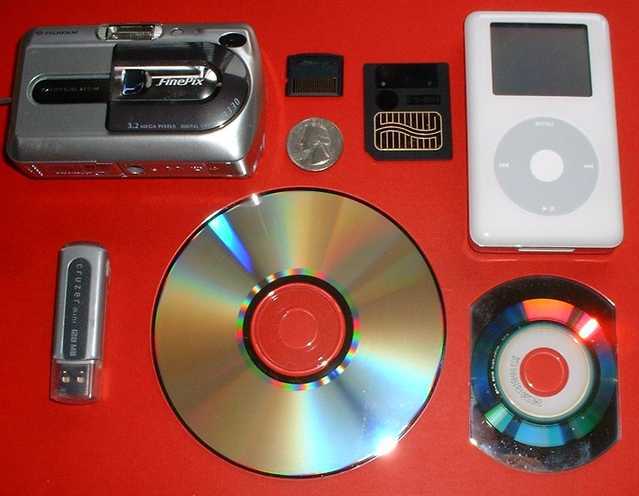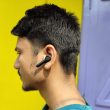All of us are inclined to take some things for granted. While some of the things around us remain the same, even though time is passing by, some things must change in order to keep up the pace.
Technology, for instance, is one of the best examples anyone can give when it comes to change. Back when the industrial revolution started, factory workers began to riot thinking that their livelihood would be taken away by mindless machines made out of iron and steel.
Two hundred years later, humanity went from a “they took our job” way of thinking, to an “I wonder how I can use all this technology to my advantage”. But don’t take technology for granted, because, just when you’re getting comfortable around using a device, you’ll wake up seeing that the technology has become obsolete, being replaced by something entirely new. Here are some of the things that could become obsolete by 2020.
Top 5 Technologies That Will Become Obsolete by 2020
The Remote Control

The classic zapping device, famed in song and story, might become a thing of the past in a couple of years, which probably means that your kid might not even hear of such a magical contraption.
The main reason why we could wave bye-bye to the classic remote control is that many devices can replace the physical appliance. For instance, you can use your smartphone, tablet, and even computer to switch channels or turn up the volume.
Unfortunately, this thing works better with smart TV, and a few older sets can be controlled with another external device. Moreover, there is actually talk of a TV that can work along with voice commands instead of using a physical device to access its core functions.
Computers

Although it seems very unlikely, it’s highly probable to say farewell to our computers sooner than expected. But don’t go thinking that saying goodbye to computers means that you have to throw your computer out the window and expect something new.
The traditional notion of computing will soon become obsolete, thanks to the latest research in the area of quantum computers and biological computers. MIT made some progress in developing the first functional quantum computer, a device so powerful that it literally can break any code or cipher created by man.
On the other hand, biological computers, calculation machines that use cell power in order to perform intricate operations, like predicting molecular movement, or a tumor’s pattern, are still far from becoming reality.
Whatever the case may be, we’ll soon have to change the way we think about the everyday personal computer.
Storing Devices

In just a couple of years, we might have to let go of traditional storing devices like hard drives, external hard drives, memory stick or memory cards. The revolution has begun to take wings shortly after the concept of cloud storage appeared.
If you think that this scenario is unlikely to happen, then do the math in your head: it’s easier and cheaper to set out a cloud network where you can store all your stuff and access them anywhere in the world, than spending money researching ways to enlarge traditional storage devices.
On the subject of storage devices, last year, a team from Caltech managed to create a storage device so small, that it basically can fit inside your wallet. Apart from its small dimensions, the device, which is no thicker than a coaster, can virtually store everything that humanity has written since the dawn of time.
Car mirrors

If you’re one of those drivers who’s just tired of adjusting the car’s mirrors every time you get in the vehicle, then you might be pleased to find out that traditional car mirror made out of glass will become a thing of the past by 2020.
Recently, many carmakers like Tesla have tested out outside camera prototypes. This means that in a couple of years, your car’s mirrors will be replaced by angular cameras, capable of showing your every corner of your car, without you having to turn your head.
The vehicle of the future will have a large LCD mounted in the cockpit, where the driver can actually see everything that’s happening around the car. Of course, the cameras can be adjusted to the situation.
Operators

Phone operators employed by call centers might soon be replaced by artificial intelligence that is capable of helping customers using a pre-programmed set of questions. Furthermore, if deep learning programs are employed instead of pre-programmed functions, computers might actually learn from each encounter, being capable of supplying a better answer the next time someone’s computer goes haywire.
Like humanity, technology will always be subjected to change, and it’s our job to adapt.







